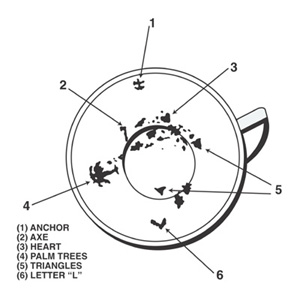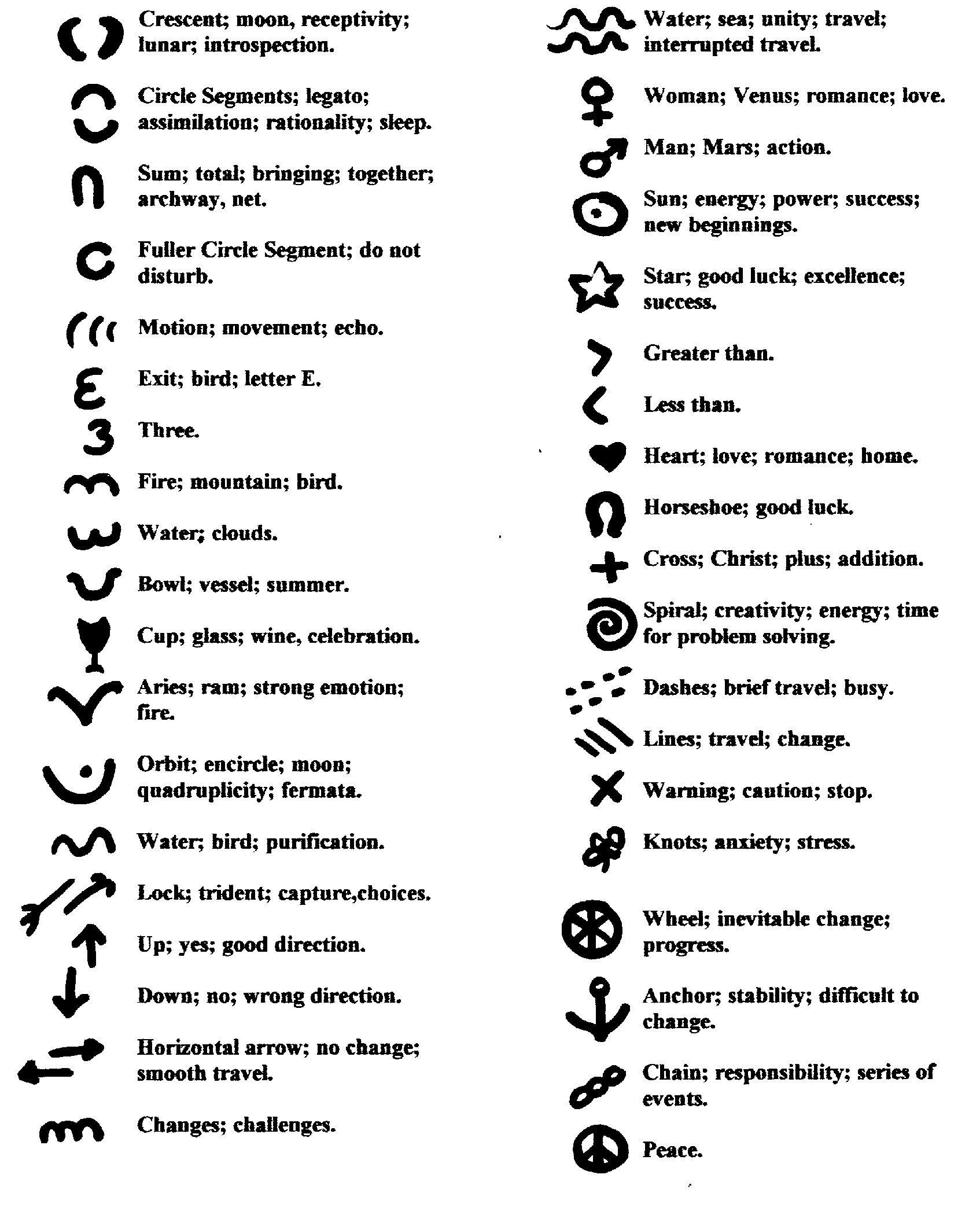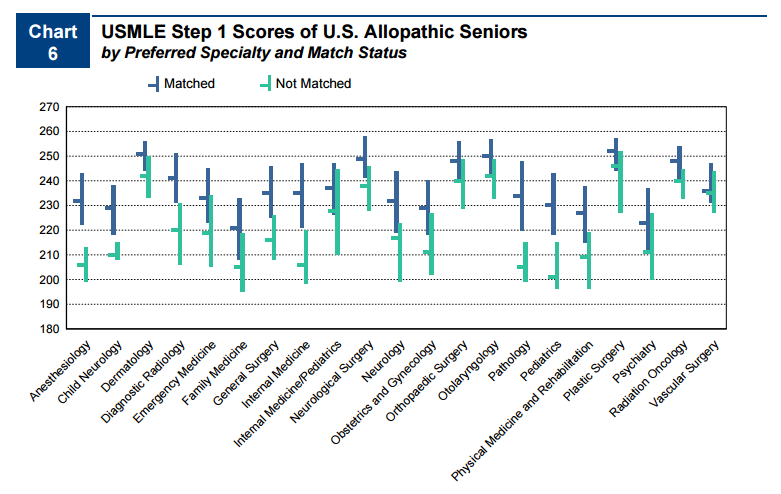- Joined
- Jun 17, 2016
- Messages
- 405
- Reaction score
- 585
Hey everyone,
I've heard people saying that the match rate at most if not all USMD schools are quite high, and instead of worrying about match rate, I should look at the schools' match list to see if they can match into "competitive residencies". How would you classify a residency as "competitive"? What should i be looking for specifically in a school's match list? Any way to quantify this for a school in order to compare between schools?
Thanks a bunch
I've heard people saying that the match rate at most if not all USMD schools are quite high, and instead of worrying about match rate, I should look at the schools' match list to see if they can match into "competitive residencies". How would you classify a residency as "competitive"? What should i be looking for specifically in a school's match list? Any way to quantify this for a school in order to compare between schools?
Thanks a bunch



